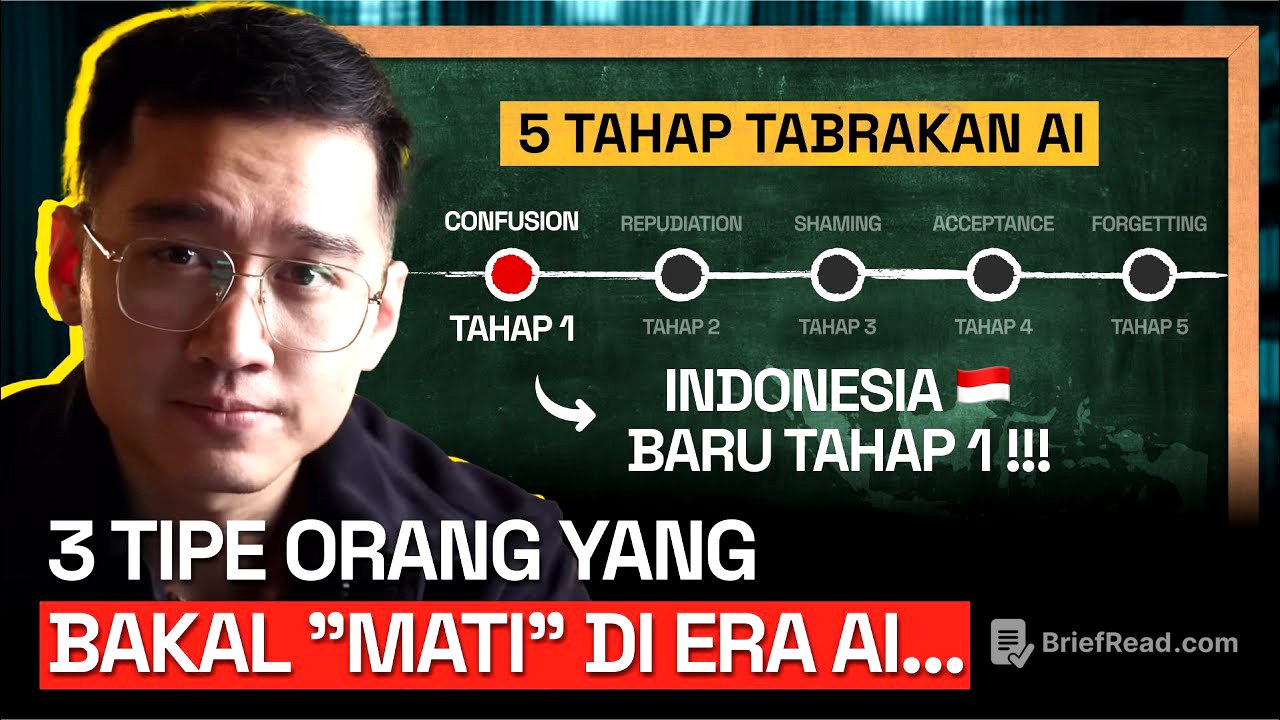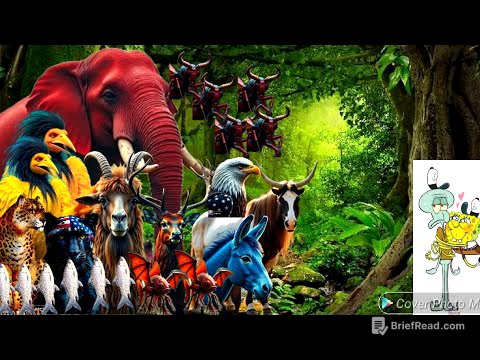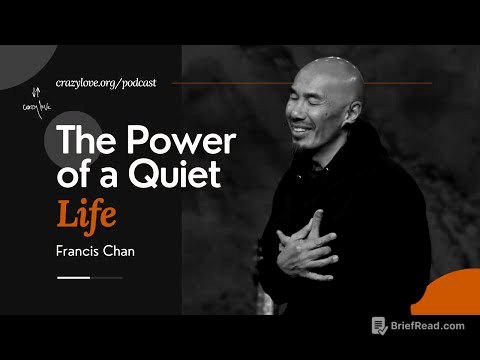TLDR;
This video discusses the impact of AI technology on various industries and emphasizes the importance of adaptation. It addresses the controversies surrounding AI, the need for ethical control, and practical steps individuals can take to thrive in the AI era. The speaker encourages viewers to embrace AI as a tool for increased productivity and creativity, rather than fearing it as a job replacement.
- AI is a disruptive technology that requires adaptation.
- Ethical control and mass education are crucial for responsible AI development.
- Individuals should upgrade their digital skills, use AI daily, and adopt a mindset of extended intelligence.
- Becoming a "mini polymeth" with diverse skills is essential for staying relevant in the AI era.
Chapter 0 - Revolusi Teknologi [0:00]
The speaker states a controversial opinion about those who hate AI technology. He acknowledges the fears of artists regarding AI's ability to imitate artistic styles, such as Studio Ghibli's. Drawing parallels to the digital revolution, he asserts that resistance to technological disruption without adaptation leads to alienation. The speaker emphasizes that technology is unstoppable, and the choice is whether to embrace the transformation or be left behind. Adaptation is crucial for career survival in the AI era.
Chapter 1 - Kontroversi Revolusi AI [0:55]
AI's ability to work without salary negotiations or leave makes it appealing to businesses, potentially increasing efficiency. The speaker raises questions about the future of various professions, such as cashiers, designers, data analysts, and content creators, in a world where AI can generate creative content rapidly. He highlights the ethical implications of AI development, emphasizing the need for moral control, ethical boundaries, and mass education. The central question is not whether AI will replace humans, but who will control AI before it controls everything.
Chapter 2 - Adaptasi atau Musnah [2:11]
The speaker explains the importance of AI by comparing it to previous technological revolutions, such as the agricultural, industrial, and digital revolutions. These revolutions led to the elimination of certain jobs and ways of life. The AI revolution is now shaking the foundations of human creativity and logic. The speaker cites MIT researchers who suggest that AI is a multiplier, tripling the productivity of those who use it, while those who resist will be left behind. He shares personal examples of using AI in his content creation process, including generating visuals with Dreamina and creating scripts with AI assistance.
Chapter 3 - Antara Bertahan dan Tertinggal [4:41]
The speaker asserts that those who resist innovation and change will be the first to become obsolete. He explains that the fastest adapters, not necessarily the smartest, are the ones who survive technological revolutions. The AI revolution represents a shift in thinking, changing not only how we work but also how we view the role of humans in the new world of work. He outlines the five stages of disruption: confusion, repudiation, shaming, acceptance, and forgetting. Indonesia is currently in the confusion phase. He predicts that those who initially reject AI will eventually accept and integrate it into their lives, similar to previous technological advancements.
Chapter 4 - Langkah Praktis [7:39]
The speaker provides practical tips for navigating the AI revolution. First, upgrade your digital brain by taking free courses to learn the basics of machine learning, prompting, and generative AI. Second, use AI every day by dedicating 1-2 hours to exploring AI tools and prompting. Third, change your mindset to extended intelligence, viewing AI as a tool to enhance your capabilities rather than replace your job. Finally, become a "mini polymeth" by developing diverse skills to avoid being easily replaced by specialized AI features. The speaker emphasizes that the future belongs to problem-solvers with multi-faceted skills.









